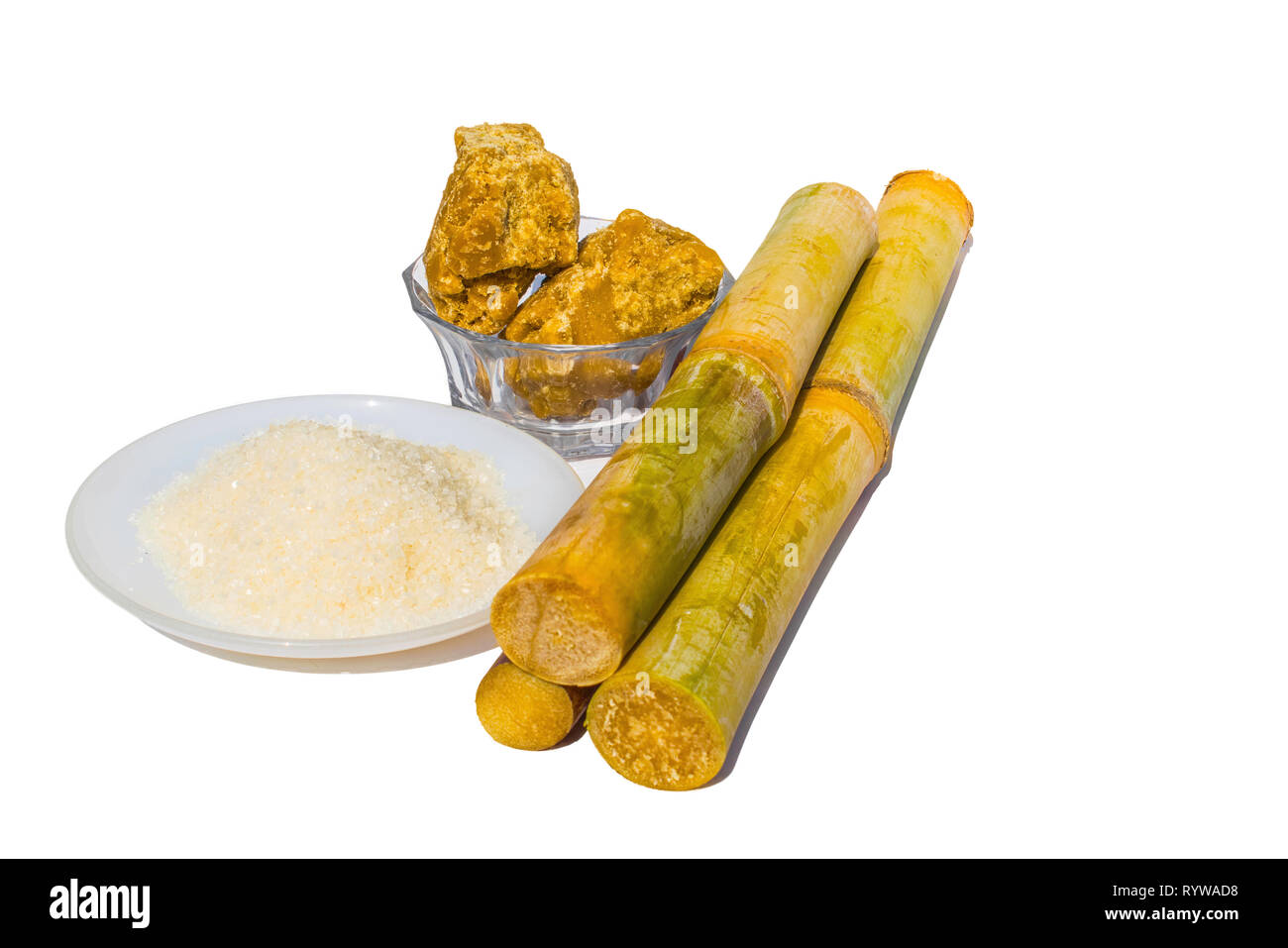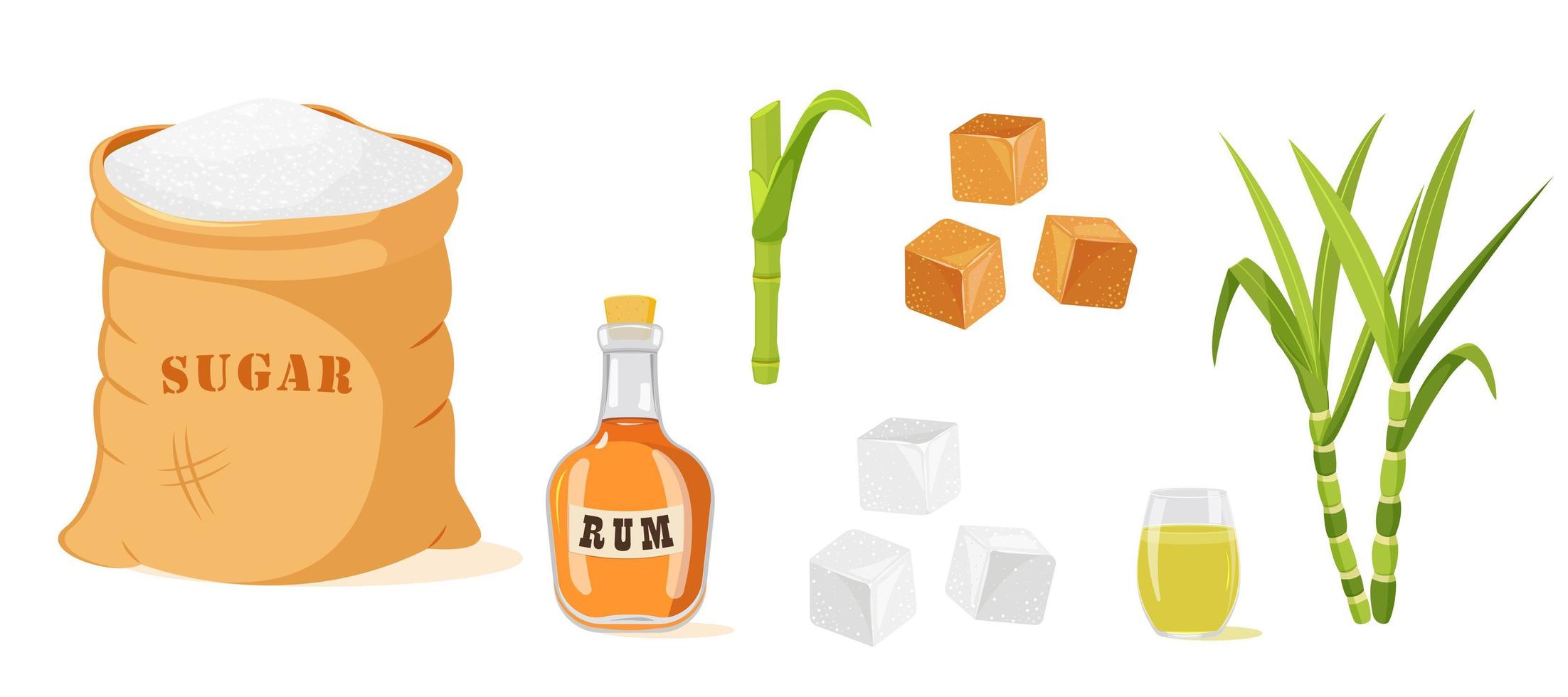Lasting Sugarcane Products: From Sweeteners to Eco-Friendly Item
The possibility of lasting sugarcane products prolongs beyond conventional sugar to encompass a variety of environmentally friendly goods, providing an engaging case for their assimilation into modern-day consumer techniques. As the globe grapples with pushing environmental problems, sugarcane arises as a flexible source capable of attending to both nutritional needs and sustainability goals.
Review of Sugarcane Sustainability
As the demand for eco friendly items expands, comprehending sugarcane sustainability becomes progressively crucial. Sugarcane, a flexible plant, is grown largely in tropical and subtropical areas, and its sustainability is vital for both ecological health and wellness and financial practicality. Sustainable sugarcane farming methods concentrate on lessening eco-friendly impact while taking full advantage of performance and productivity.
Secret facets of sugarcane sustainability consist of efficient land use, minimized chemical input, and boosted water management. Practices such as crop rotation, incorporated bug monitoring, and natural fertilizing add to soil health and biodiversity. Furthermore, ingenious modern technologies, such as precision agriculture, assistance enhance resource use and decrease waste.
Additionally, sugarcane is a renewable energy, with spin-offs that can be used in different industries, from biofuels to naturally degradable plastics, consequently lowering dependence on nonrenewable fuel sources and lessening carbon impacts. Certifications like the Bonsucro conventional motivate sustainable methods across the supply chain, advertising openness and liability.

Sugarcane-Based Sweeteners
Utilizing sugarcane as a primary resource, sugarcane-based sweeteners have gained importance as natural choices to polished sugars and man-made sweeteners (sugarcane product). These sweeteners, derived from the removal and processing of sugarcane juice, offer an array of products that deal with varied consumer choices, including natural and minimally refined alternatives
Raw walking stick sugar retains more of the all-natural flavors and nutrients found in sugarcane, making it a preferred option for health-conscious customers. Panela, a traditional Latin American sugar, is generated by evaporating sugarcane juice, protecting its all-natural minerals and vitamins.
The growing demand for sugarcane-based sugar is driven by increasing understanding of wellness and sustainability problems connected with standard sugar. By choosing sugarcane-derived items, customers not only support sustainable farming techniques but also contribute to a healthier lifestyle, straightening their nutritional options with their environmental worths.
Eco-friendly Packaging Solutions
Becoming a sensible alternative to standard plastics, eco-friendly product packaging solutions stemmed from sugarcane are changing the product packaging sector. These innovative materials supply an eco-friendly alternative that resolves the expanding problems over plastic contamination. Making use of the all-natural sugars located in sugarcane, manufacturers are creating various forms of biodegradable packaging, including movies, containers, and covers that decay much more rapidly than conventional plastics.
The main benefits of sugarcane-based packaging hinge on its eco-friendly sourcing and its capacity to damage down right into safe by-products. Unlike fossil fuel-derived plastics, which can linger in the hop over to these guys setting for centuries, sugarcane packaging commonly disintegrates within a couple of months under appropriate problems. This reduction in waste not only mitigates land fill overflow yet likewise reduces the carbon footprint associated with packaging products.
Additionally, sugarcane-derived packaging keeps robust performance characteristics, supplying equivalent longevity and capability to traditional alternatives. As organizations and consumers progressively prioritize sustainability, browse around here the adoption of biodegradable product packaging options represents a substantial step in the direction of a circular economy, where products are reused and regrowed as opposed to thrown out. This shift not just enhances brand name image yet likewise adds to a much more sustainable future for the world.
Eco-Friendly Textiles and Fabrics
Environmentally friendly fabrics and materials are obtaining traction in the style and home products industries as consumers increasingly demand lasting alternatives to conventional materials. Amongst the noteworthy alternatives are fabrics obtained from sugarcane, which supply an ecologically liable alternative to artificial fibers. These fabrics are produced with a process that uses the renewable energies discovered in sugarcane, significantly minimizing dependence on petroleum-based materials.

As the market for lasting textiles expands, customers can look ahead to ingenious styles that combine design with eco-friendly obligation. Eventually, eco-friendly fabrics and textiles represent a significant action towards minimizing the fashion sector's ecological footprint while catering to the expanding demand for responsible customer options.
Advancements in Sustainable Farming
Revolutionizing farming methods, innovations in lasting farming are transforming the way plants are grown and taken care of. These improvements concentrate on decreasing environmental impact while making the most of performance and efficiency. Techniques such as accuracy agriculture use information analytics and satellite images to optimize source use, making certain that water, fertilizers, and chemicals are applied just where needed. This targeted strategy not only minimizes waste but additionally enhances crop returns.

Moreover, agroecology, which incorporates ecological concepts into farming, promotes biodiversity and soil health and wellness. Practices such as plant turning, cover cropping, and intercropping foster resilient environments that can withstand pests and climate variations - sugarcane product. Furthermore, the usage of natural plant foods and biopesticides adds to healthier soils and communities

With each other, these advancements are not only reshaping the agricultural landscape yet additionally contributing to a much more lasting future for sugarcane and various other crops, lining up agricultural exercise with environmental stewardship.
Verdict
Lasting sugarcane products stand for a significant innovation in environment-friendly alternatives, covering from natural sweeteners to eco-friendly products. As customer preferences progressively lean in the direction of lasting choices, the convenience of sugarcane as a renewable source becomes progressively pertinent.
The potential of lasting sugarcane products expands past conventional sugar to incorporate a range of environment-friendly goods, presenting a compelling instance for their integration into contemporary customer techniques. Sustainable sugarcane farming practices focus on lessening eco-friendly impact while making best use of productivity and earnings.
Sustainable sugarcane products represent a considerable innovation in eco-friendly alternatives, covering from natural sugar to naturally degradable items. The cultivation of sugarcane through sustainable practices not only enhances environmental health but also contributes to economic viability. As consumer preferences increasingly lean towards lasting options, the flexibility of sugarcane as a renewable resource becomes increasingly relevant.